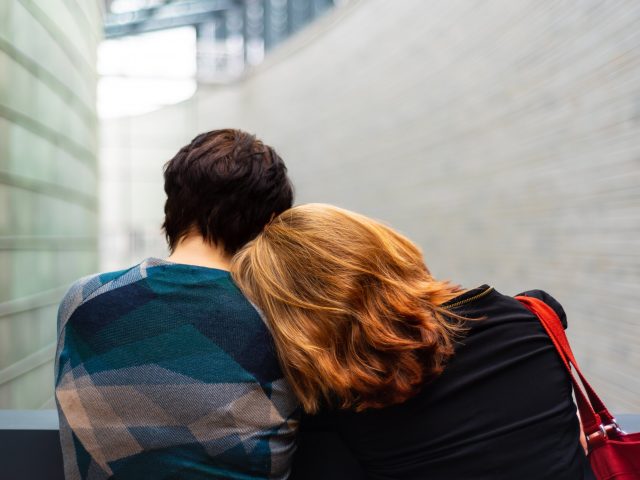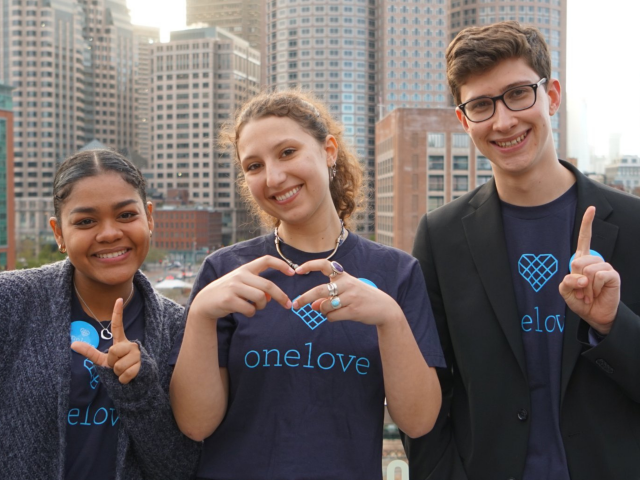One of the most basic principles of being in a relationship is to love and accept someone for who they are. Now, we don’t mean accepting unhealthy tendencies, like a quick temper and being overly critical, but more the unique things that make someone special. Unfortunately, our world is not always the most accepting and kind toward the things that make someone unique, especially when it comes to people who don’t conform to traditional gender identities. But to love someone for who they are, especially anyone who identifies as transgender, is to love them for living their truth, and that is so important.
We at One Love believe everyone deserves a healthy relationship and know that every person has a place in our movement for change. And while the nuances of a relationship can differ depending on how you identify, marginalized communities may face specific challenges. So, we’re here to talk about the seven ways that abuse can affect the transgender community.
1. Higher risk for abuse.

Relationship abuse affects people of all different backgrounds and identities, but transgender people are at much higher risk. In fact, 30%-50% of transgender people experience dating violence at some point in their lives, compared to 28%-33% of the general population.1
2. They face discrimination and struggle to be accepted.
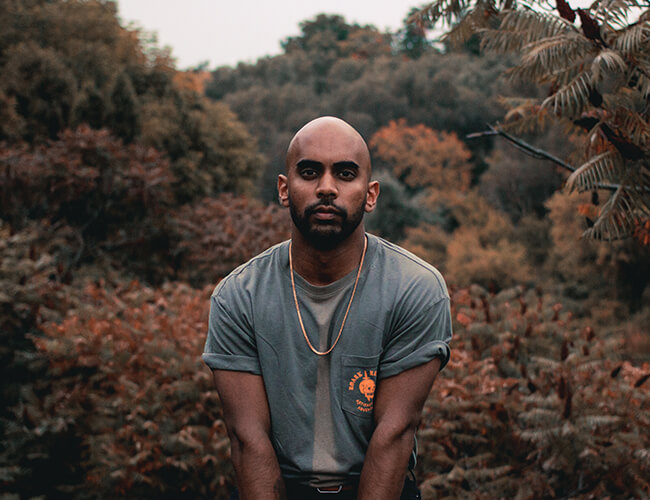
Whether they have been rejected from their family for their gender identity, been subjected to harassment and bullying from peers, or simply feel out of place in a heteronormative, gender normative culture, many transgender people face discrimination on a frequent basis. So, you can imagine how scary it must be for someone who is transgender to open up about relationship abuse, especially when victim blaming and transphobia are very common issues in society.
3. Their identity or sexuality can be used against them.
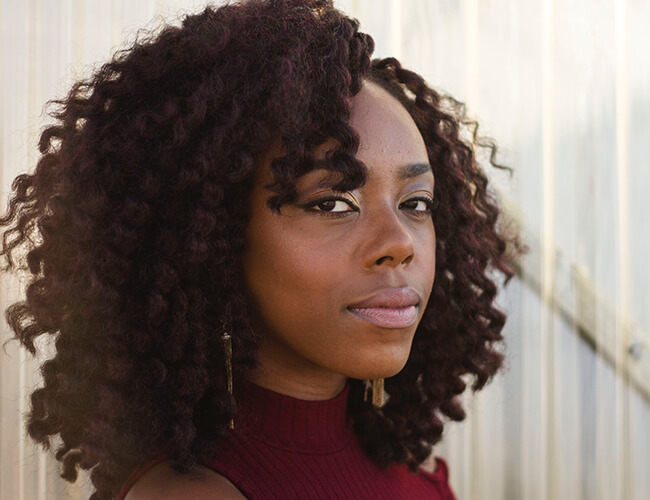
Abusive partners may try to use their partner’s gender identity to shame them and make them feel inferior or like they deserve the abuse. This can be done through verbal insults, like saying, “No one else will ever accept you and love you,” playing on gender insecurities, or pressuring them sexually. They can also threaten to out them as transgender if their identity has been kept on the DL. All of these things are done by an abuser to gain power over their partner and control them.
4. Healthy relationship models are hard to find.

Moreover, without examples for what a healthy relationship looks like, it can be harder for transgender people to recognize unhealthy behavior as abuse. Abusive partners will often try to cover up their behavior by making it seem like it’s a normal part of the relationship or blaming unhealthy behavior on the fact that the relationship doesn’t conform to traditional gender identities, for instance, isolating a transgender partner by saying, “your friends don’t understand what you’re going through so you shouldn’t confide in them.”
5. Blurred gender roles may make it harder to identify abuse.

Gender roles can play a really big role in abusive transgender relationships. In an effort to be more masculine-presenting, a transgender person might “put up” with abuse from their partner more because they feel obligated to “take it like a man.” Or some transgender women may experience gender affirmation from being abused because of the traditional depiction of domestic violence being a male-on-female issue.
6. Limited access to resources and help.
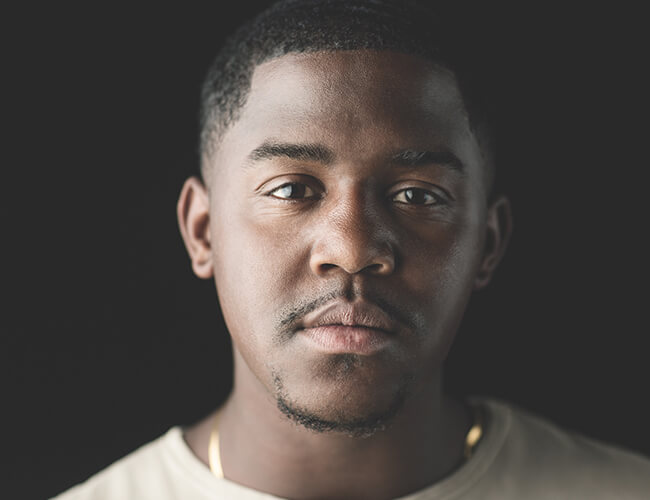
Many times, transgender individuals have been singled out for violence from police and authorities. In fact, transgender people are often singled out for police violence as much as three times as often as the general population.1 Add to that the fact that resources and shelters are often cater to women, finding resources that can help can be problematic for people in the transgender community.
7. Higher suicide rates.

About 41% of transgender people will attempt suicide.2 That is a HUGE number! To add to that, multiple students have shown that people who experience relationship abuse are at higher risk for suicide.3 So being transgender and experiencing abuse means you are at very, very high risk. But talking about gender issues and violence can help, making it easier for those experience abuse in the transgender community to come forward.
Regardless of gender, orientation, ability, race, age, religion or class, we know that relationship abuse can happen to anyone. One Love believes in educating everyone about healthy and unhealthy relationships, regardless of what those relationships look like. If you or someone you know is experiencing relationship abuse, you should seek help immediately. For a list of resources, check out www.joinonelove.org/real_time_resources or for an organization that can help with transgender abuse specifically, check out www.forge-forward.org.
1 Source: https://nomore.org/domestic-violence-transgender-community/
2 Source: https://www.usatoday.com/story/news/nation/2015/08/16/transgender-individuals-face-high-rates–suicide-attempts/31626633/
3 Source: https://www.domesticshelters.org/domestic-violence-articles-information/domestic-violence-survivors-at-higher-risk-for-suicide#.WXtMxRIrJBw
Browse by Category

How to Have Healthy Holiday Conversations with Family (and Prep Your Partner)
The holidays are a time for family, good food, and—let's be real—sometimes intense conversations. Whether it's politics, lifestyle choices, or…
3.2 Million Strong: How One Love is Saving Lives Through Education
Please share this blog with your network across social media,…
Finding Strength in Our Stories: Domestic Violence Awareness Month
⚠️ Trigger Warning: This blog includes content and language related…
How to End a Summer Romance or Friendship
Summer flings and friendships can feel fleeting. So why is…
How To Put An End to Victim Blaming
“What did you do to provoke them?” “Was there alcohol…







